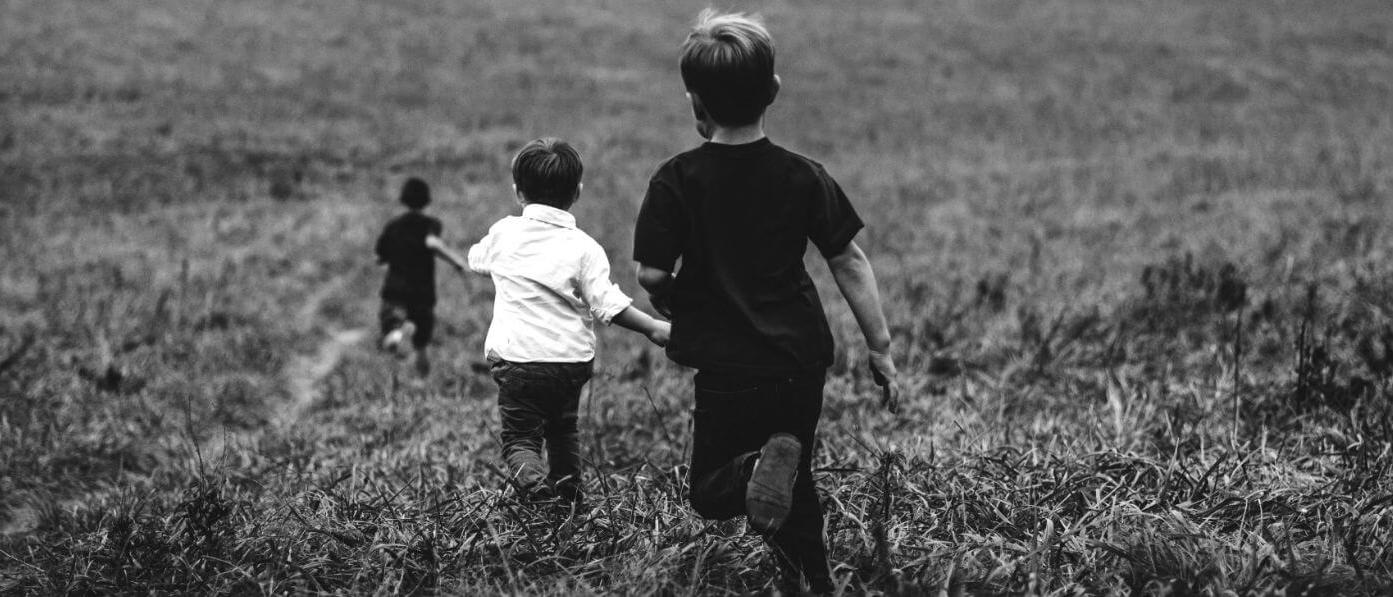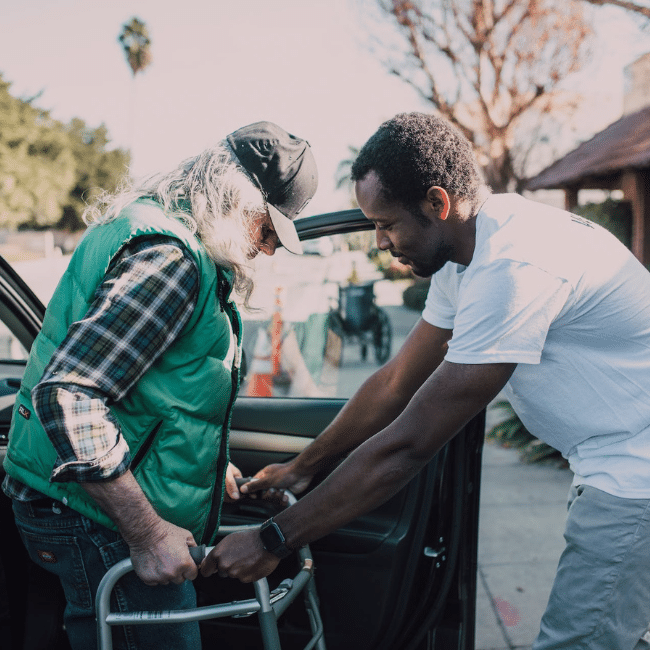
Adoption without parental consent: kidnapping or putting children first?
Opinion + AnalysisPolitics + Human RightsRelationships
BY Oliver Jacques 15 JAN 2019
Adoption without parental consent: kidnapping or putting children first?
Australia’s two biggest states are moving in opposite directions when it comes to adoption. While New South Wales is accused of tearing families apart, is Victoria right to deny children a voice?
A new stolen generation is coming to you soon.
Or so you would think if you read the reaction to recent NSW reforms aimed at making adoption easier.
NSW Parliament has passed new laws placing a two year time limit on a child staying in foster care. After this time, the state can pursue adoption if a child can’t safely return home, even if birth parents don’t agree.
Critical articles across media raised the spectre of another stolen generation.
An open letter signed by 60 community groups said the NSW Government was “on a dangerous path to ruining lives and tearing families apart”. Indigenous writer Nayuka Gorrie tweeted, “Adoption without parental consent is kidnapping”.
But should a parent really have the right to block the adoption of the child they neglected?
Laws prohibit journalists from identifying people involved in child protection cases so media coverage rarely includes the views of children, even after they turn 18. The laws exist to protect vulnerable minors, but such voices could add some balance to the debate and explain why NSW is ahead in putting children first.
Foster care crisis
Out-of-home care adoption – where legal parenting rights are transferred from birth parents to foster parents – is extremely rare in Australia. Last year, there were 147 children foster care adoptions. That’s a tiny fraction of the 47,000 Australian children living in out-of-home care.
Previously, kids could be placed in state care simply because they were born to a single mother or an Aboriginal woman.
These days, child protection workers only remove children if their lives are in danger due to repeated abuse or neglect.
While foster care is supposed to be a temporary arrangement, children on average spend 12 years in care, often bouncing from one temporary home to another.
It’s no surprise more than a third of foster children end up homeless soon after leaving care.
Permanent care instead of adoption
While NSW is trying to make adoption easier, Victoria is not. None of the more than 10,000 children in Victorian state care were adopted last year.
Victorian children who can’t return home are placed in ‘permanent care’, where they remain a ward of the state but are housed by the same foster carers until age 18.
Paul McDonald, CEO of Anglicare Victoria, describes permanent care as a “win-win-win” for children, birth parents and foster carers. He argues it provides stability for children without changing their legal status “so dramatically”.
Ignoring children’s voices
Former AFL player Brad Murphy, who grew up in Victorian permanent care, begs to differ. “From a child’s perspective, you don’t always feel secure in permanent care,” he said. “I longed for adoption. I wanted to belong to my foster parents, I wanted the same surname.”
Victoria didn’t allow him to be adopted by his loving foster carers because his birth father wouldn’t provide consent.
Murphy believes the Victoria Government should give children a say. “When I was 3 years old, I was calling my foster carer ‘Mum’, as I do now at age 33. I always knew what I wanted”.
The other problem with denying children an adoption choice is they continue to belong to the state. “Government were making all the decisions in my life. And like everything with government, it’s never done quickly,” Murphy said.
He often missed out on school camps and excursions because bureaucrats didn’t sign off permission.
Brad was placed in foster care at 16 months of age. Soon after, his mother ‘did a runner’ to Western Australia. His father was in jail for most of his childhood.
“I was never going back to my birth parents. If birth parents don’t make any effort to change their ways, why should the child suffer any longer?”
Case for reform
There are other parents, though, who want to change their ways but support is scarce. Housing, counselling and rehab facilities across Australia are lacking for low income families.
Some argue we should devote more resources toward keeping vulnerable families together, rather than promoting adoption reform.
There is no reason why we can’t do both. Help families where change is possible, but give children a choice when it’s not.
Though separating children from birth parents can prove traumatic, so is constant abuse. Some kids are terrified of their parents and want stability and the feeling of belonging with their new family.
In NSW, caseworkers must ask children what they want, if they’re old enough to understand. Prospective adoptive parents must educate kids about their history and culture. Birth parents can remain connected to children when it’s safe and in the child’s interests.
Overseas studies show adopted children have better life outcomes than those who remain in long term foster care.
Adoption won’t work for everyone, but it could benefit many kids.
Those criticising NSW reforms should also ask the Victorian government why it continues to deny children the basic human right to be heard.
Are you facing an ethical dilemma? We can help make things easier. Our Ethi-call service is a free national helpline available to everyone. Operating for over 25 years, and delivered by highly trained counsellors, Ethi-call is the only service of its kind in the world. Book your appointment here.
Oliver Jacques is a freelance journalist and writer.
Ethics in your inbox.
Get the latest inspiration, intelligence, events & more.
By signing up you agree to our privacy policy
You might be interested in…
Opinion + Analysis
Politics + Human Rights
If politicians can’t call out corruption, the virus has infected the entire body politic
Explainer
Relationships
Ethics Explainer: Vulnerability
Explainer, READ
Relationships
Ethics Explainer: Altruism
Opinion + Analysis
Health + Wellbeing, Relationships




